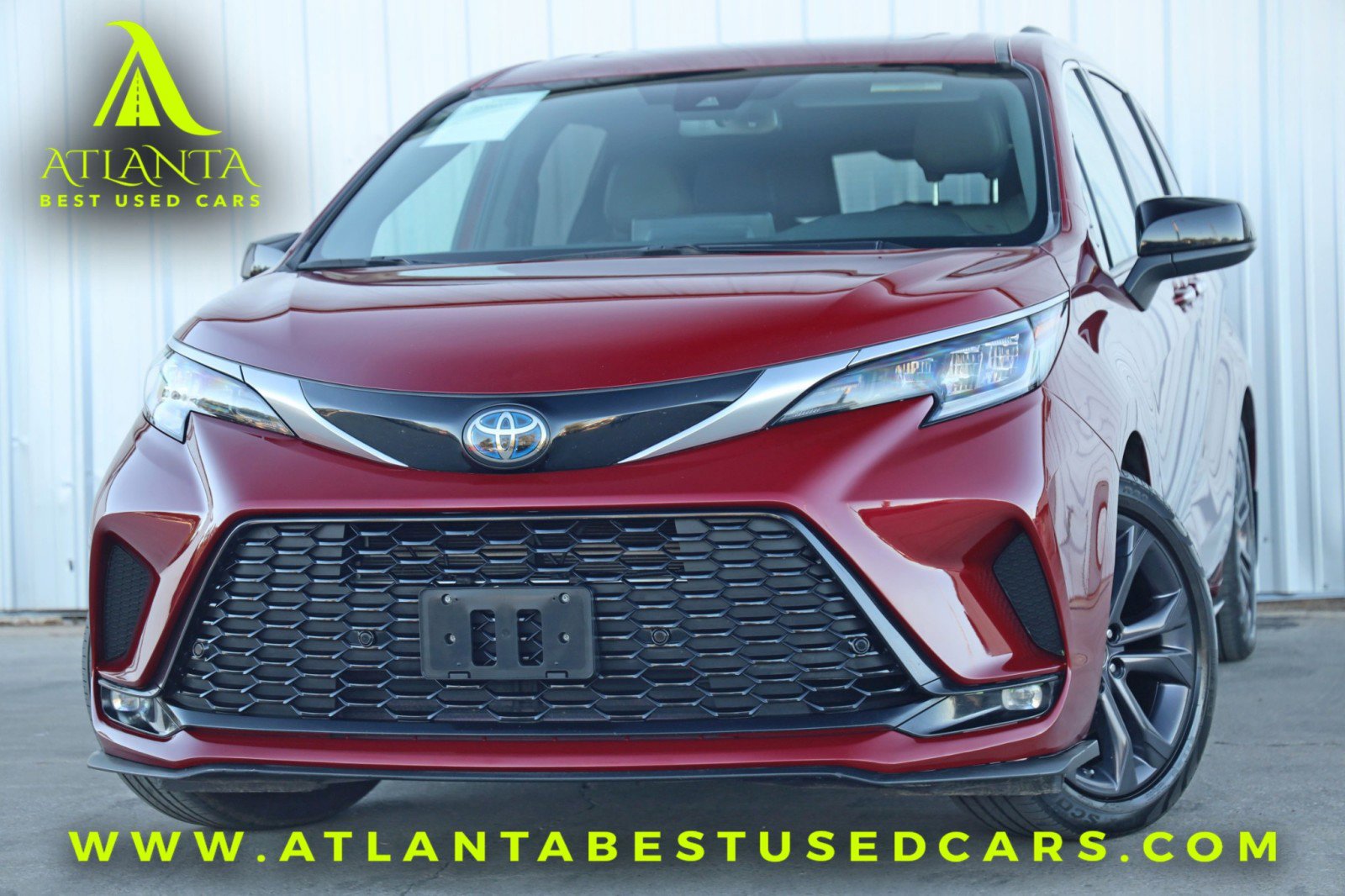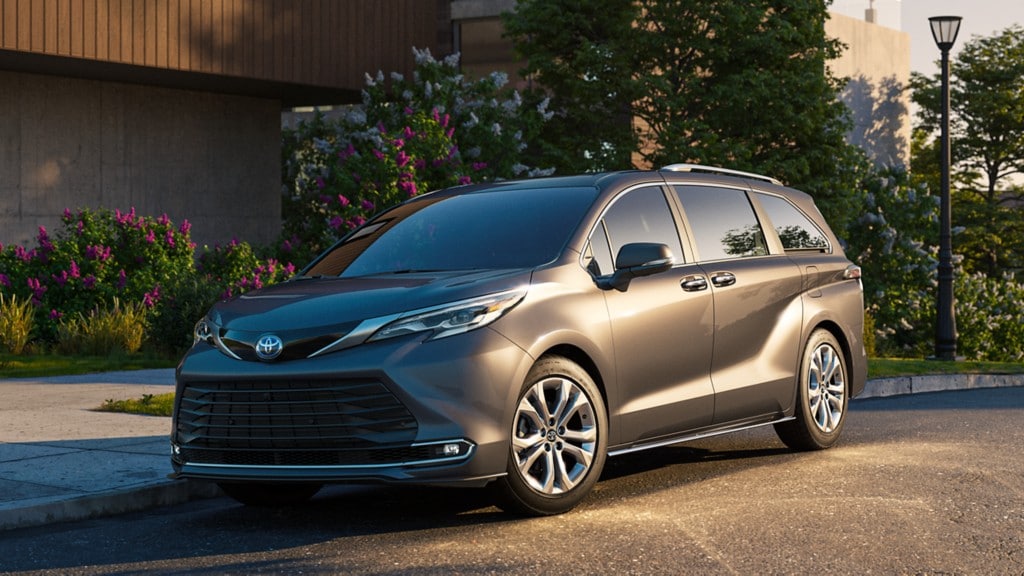Couple of firms in the auto globe embody the equilibrium between tradition and technology fairly like Toyota. Over the years, Toyota has transformed from a small Japanese automaker right into a global leader, continually redefining what it implies to build vehicles that are not only trustworthy yet also forward-thinking. By welcoming its abundant heritage while expecting the future, Toyota has proven that practice and development are not opposites-- they're complementary pressures driving development.
A Legacy of Quality. Toyota's story started in 1937, when Kiichiro Toyoda laid out to produce an electric motor business that could serve the demands of a quickly updating Japan. Starting with the Version AA, Toyota prioritized top quality and price from the very beginning. These values became the foundation of the firm's identification, solidifying its online reputation as a brand individuals might rely on.
This commitment to excellence got energy in the 1950s with the advancement of the Toyota Manufacturing System (TPS) Recognized for its performance and precision, TPS revolutionized manufacturing procedures worldwide. Principles like "just-in-time" production and "jidoka" (automation with human oversight) set new industry standards and made Toyota lorries associated with integrity and longevity.

Adjusting to Adjustment. While Toyota has constantly respected its roots, it has actually never ever avoided change. The launch of the Corolla in 1966 marked a pivotal moment, as the model quickly came to be a worldwide best-seller, renowned for its usefulness and reliability. Today, the Corolla stays one of one of the most preferred lorries ever generated, embodying Toyota's ability to adapt to developing customer demands without forgeting its core worths.
In the late 1990s, Toyota redefined itself once more with the launch of the Prius, the world's very first mass-produced hybrid vehicle. At once when ecological concerns were growing, the Prius supplied a service that incorporated performance with technology. This bold action cemented Toyota's role as a pioneer in lasting mobility, leading the method for the market's change towards greener modern technologies.
Linking Practice and Tomorrow. Toyota's strategy to development doesn't mean abandoning practice; it means building upon it. The company's deep respect for its manufacturing heritage remains to form its future-forward campaigns. While Toyota welcomes innovative innovation like electrical and hydrogen-powered lorries, it does so with the same thorough focus to quality that has actually specified its heritage.

The Toyota Mirai, a hydrogen fuel cell automobile, represents this ideal balance in between practice and progress. It showcases Toyota's dedication to sustainability while keeping the integrity that customers have actually concerned anticipate. Toyota's developments in self-governing driving modern technology mirror its vision for tomorrow's roads, all without compromising safety or reliability.
Redefining Legacy. Toyota's legacy isn't nearly the lorries it constructs-- it's regarding the trust it makes. By staying true to its values while evolving with the moments, Toyota has actually set a criterion for exactly how companies can grow in an ever-changing globe. Its devotion to top quality, advancement, and sustainability guarantees that the brand's influence will reverberate much past the here and now.
As Toyota remains to redefine what it implies to be a leader in the auto market, it verifies that practice and development aren't equally special. Rather, they are the building blocks of a legacy that links the previous and the future-- driving ahead with purpose, integrity, and a vision for a better tomorrow.
Navigation
Latest Posts
Avondale’s Most Reliable Auto Repair Shop
Qualified Used Chevrolet & More - Burlington, NC
Locate Your Next Chevy at Modern Chevrolet of Burlington